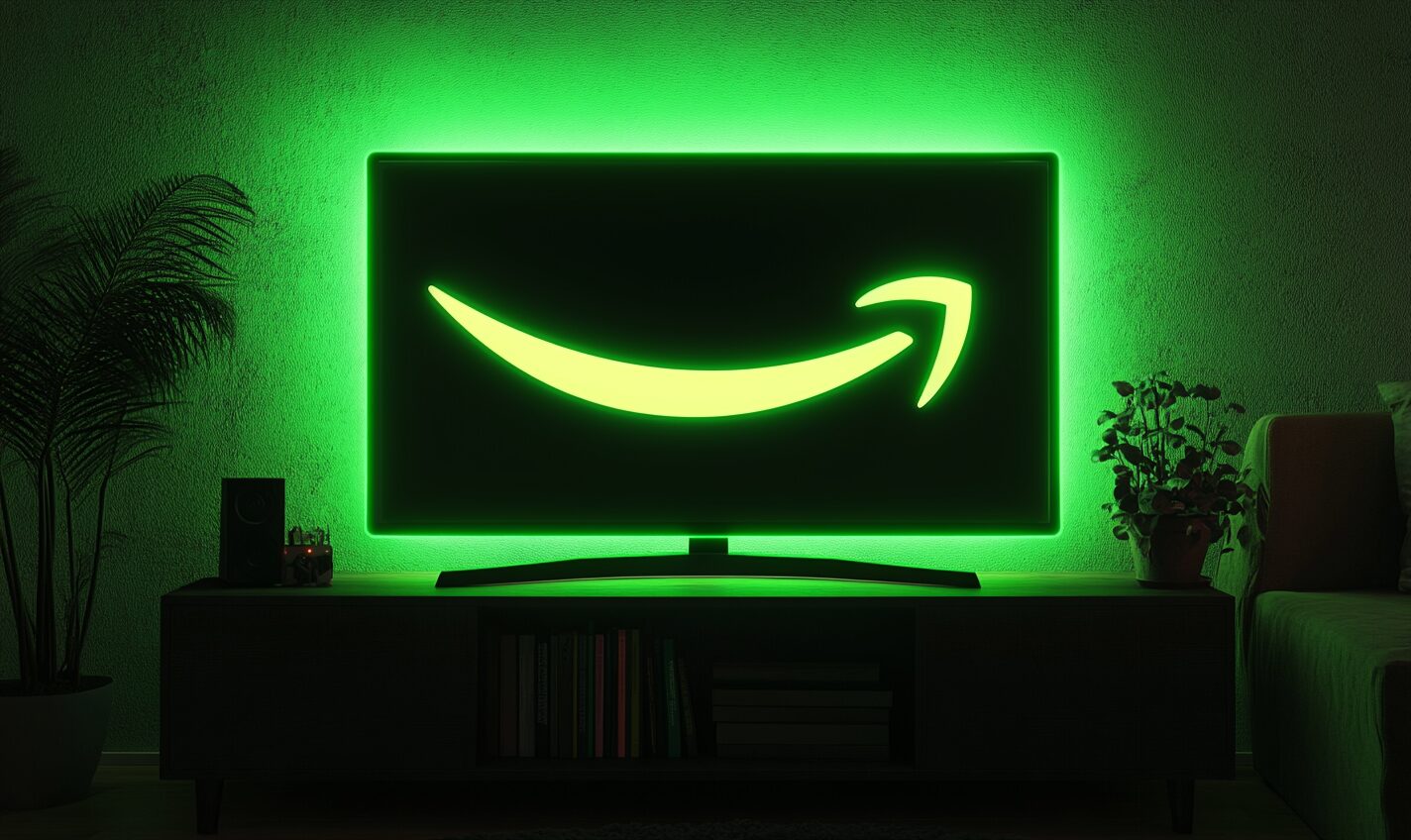As the deadline for filing federal tax returns approaches, American taxpayers must get their financial paperwork in order. Two key aspects of the process are tax credits and tax deductions, also known as write-offs for taxes.
A tax write-off is a legitimate expense that can be subtracted from your total taxable income on your annual tax return. It’s often a tricky part of filing taxes and can confuse the average taxpayer. However, understanding what you can write off on your taxes can lower the amount of taxes you pay, making it a significant money-saver.
You may be surprised to learn that self-employed individuals can take tax deductions on the costs of technologies they use to streamline their work. Because technology is so widely used in the business world, the Internal Revenue Service (IRS) allows some taxpayers to write off those associated costs. Who wouldn’t want to benefit from tech write-offs?
Below, we’ll explain what technologies are eligible following IRS criteria and how you can write them off on your tax return this year.
Eligible Technologies for Write-Offs on Taxes in 2022
Before filing your tax return, you must understand which tax bracket you fall into. Think of tax brackets like a ladder — each rung of the ladder represents a part of your taxed income. As you climb the ladder, the tax on your income increases. Ideally, you should consult with a tax professional if you have questions about your unique tax requirements. That way, you avoid dealing with challenges from the IRS.
Thankfully, technology used specifically and exclusively for business purposes is generally accepted as a tax deduction. If the IRS deems some pieces of tech as “perks” rather than necessities, they may not be eligible for a tax deduction.
While you may be unable to deduct your new smart TV, there are other technologies that you can (and should) consider deducting.
Cell Phones
Statista estimates that people will use over 18 billion mobile devices by 2025. If you use your cell phone exclusively for business purposes, you can deduct it. Both the cost of your monthly service and phone equipment are eligible for tax deductions.
Suppose you use your phone partly for business reasons. In that case, you’d have to calculate your usage accurately. For example, suppose you use the phone 50% for personal use and 50% for business use. In that case, you can deduct half of the equipment and service expenses.
Computers, Laptops, Tablets, Notebooks
According to the IRS, three key characteristics your technology must have to qualify as tax-deductible are: necessary, customary and reasonable. To deduct your computer, laptop, tablet or notebook, you must use them for business purposes.
These deductions are similar to cell phones. You can only deduct a percentage of the costs if you also use these technologies for personal use. That includes online shopping, streaming or gaming.
Software
Business software is used in virtually every industry, from manufacturing to gaming. However, there’s some bad news for gamers. Most gaming software is not tax-deductible unless you’re established in the gaming industry and require it to work.
Other applications like word processors, spreadsheets, or other standard office suite software will likely qualify. Again, if that software is also for personal use, you will not be able to deduct the total cost.
Internet Usage
Your internet connection can also be a possible write-off. If you purchase internet on an airplane or a hotel while traveling for business, these will likely be deductible. Given the number of remote employees, you may wonder if your monthly internet bill counts as a taxable expense.
It’s unlikely that your home internet connection is solely used for business, even if you’re a remote worker. In that case, you can calculate and write off a percentage of your internet service if it’s used for work-related activities.
These four categories of technologies can generally be written off on your tax return. Experts suggest that those who are self-employed and deducting percentages of tech expenses should never claim 100% unless the device is truly and exclusively used for business.
Deduct Technology Write-Offs on Your 2022 Tax Return
Technology is becoming increasingly ubiquitous among all types of businesses and their employees. Modern companies leverage the latest and greatest technologies to serve various business functions from smartphones to laptops and everything in between.
Consider claiming tech write-offs this tax season. Keeping a log of activity on your technology, holding onto receipts for tech purchases and how long you typically spend using your technology can all help you prove to the IRS that these deductions are necessary, reasonable and customary.
Recent Stories
Follow Us On
Get the latest tech stories and news in seconds!
Sign up for our newsletter below to receive updates about technology trends




